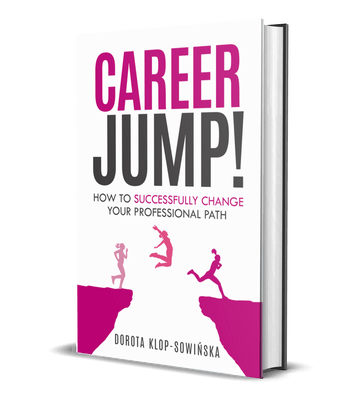
Career advice is support for clients who are looking to change their life direction. This advice is useful for those who want to change careers or face other life challenges. Career counselors offer advice based on their personal experiences. They tailor the advice to each person's needs. These can be used to help people choose the best career path or find out about other options.
Coaching
Here are some points to remember when looking for a career coach. A good career coach should have a broad knowledge of job search technology, and should understand common barriers to success. Additionally, career coaches should be able deal with stubborn candidates, especially senior executives.
Talking to a career coach will help you understand your situation and determine the next steps. This can lead to more success and quicker results.

Find a mentor
Mentors can provide valuable career advice. Mentors can not only help you gain valuable career advice from experienced professionals but they can also provide access to your network of contacts. Mentors can prove to be invaluable resources for your career growth, whether you are looking for someone from different industries or within one company. Start by reaching out and asking for a mentor. Once you have made contact, arrange for an in-person meet.
It is also possible to reach out alumni networks at your college. These networks often include members from the industry you are interested in joining. LinkedIn can help you find mentors if there is no one in your field. Ask questions of people in your field. This will allow you to build a mentor relationship.
Invest in professional development
Employers should invest in their professional development. This increases your chances of hiring top talent. Recent surveys revealed that more than 60 percent of employees believe having access and being able to learn from professional development is important when they are looking for new jobs. Additionally, an employer's ability to provide career development opportunities helps its employees feel valued.
It is a great way for you to improve your marketability as well as your personal brand. Before you invest in professional development, it is important to be clear about your goals. A realistic plan should be based on research.

Embracing happenstance
Acknowledging the possibilities of fate in career advice includes embracing unexpected opportunities and following interests that aren't in line with one's goals. It is possible to make the most out of serendipity while building a strong foundation for your career. The ability to accept the power of chance can offer valuable skills that can help one thrive in today's world.
Mitchell, Levin and Krumboltz first introduced the theory called planned happenstance in 1999. It emphasizes the importance of the unplanned, social, and chance elements in career development. Planned chance states that people have the ability to create their own career opportunities by "planning ahead for the unexpected". Although it is often ignored by career advisors, it can be a useful tool for career generation.